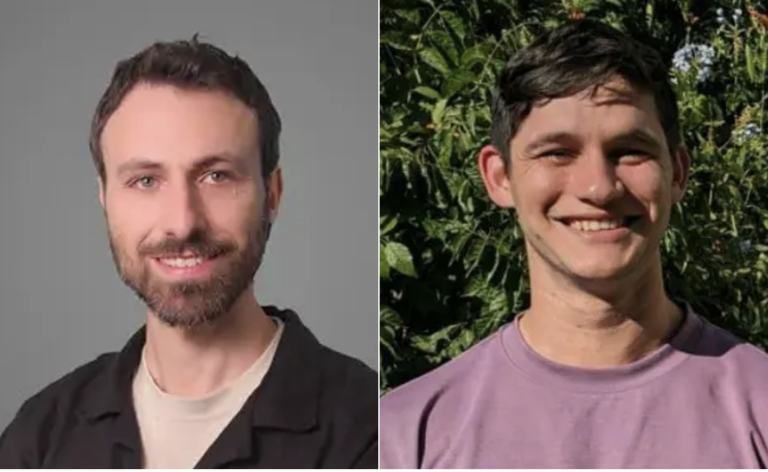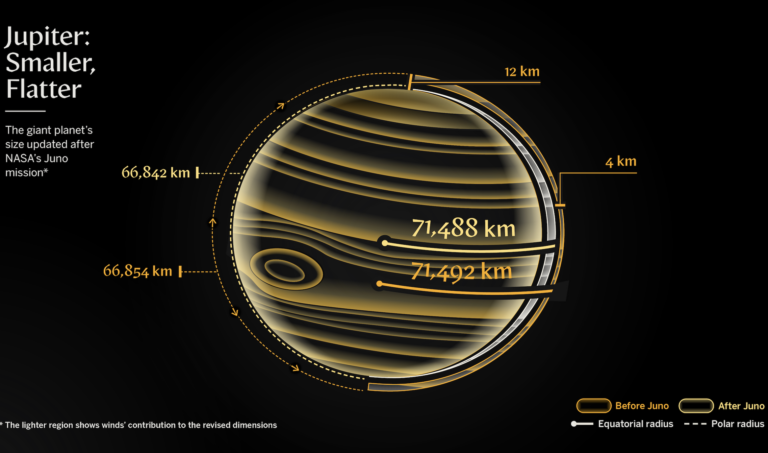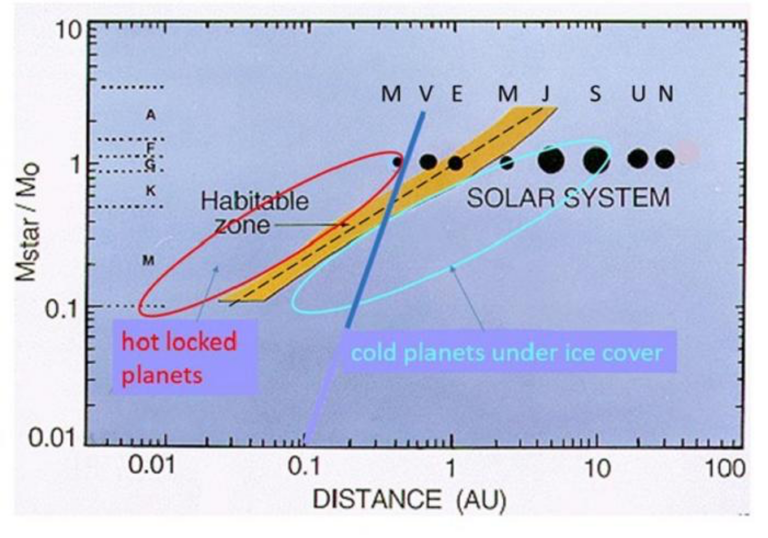IAC 2015 à Jérusalem, 66ème Congrès mondial d'astronautique, 2000 présentations scientifiques, 3000 participants !

[:fr]C’est un événement international majeur qu’Israël s’apprête à accueillir du 12 au 16 octobre 2015 à Jérusalem : l’IAC, 66ème congrès international d’astronautique, va réunir plus de 3000 participants et les agences spatiales du monde entier (Chine, USA, France, …) mais aussi d’Iran, d’Arabie Saoudite, de Syrie, de Turquie… sur le thème : « L’espace, une passerelle pour l’avenir de l’humanité ». Ce congrès, organisé par l’IAF (Fédération mondiale d’astronautique) se tient tous les ans dans un pays différent. En 2014, il s’est déroulé au Canada, et en 2013 en Chine. La dernière fois qu’Israël avait accueilli ce congrès remonte à 1994, la 47ème édition de l’IAC avait alors connu un grand succès. Depuis, le secteur spatial israélien s’est considérablement développé et élargi à divers domaines, dans la R&D, l’industrie, l’innovation, et dans les sciences et l’exploration spatiales.
La France enverra de nombreux délégués d’organismes et sociétés : Arianespace, Association Aéronautique & Astronautique de France (3AF), Centre National d’Etudes Spatiales (CNES), CVA (Community of Ariane Cities), EADS Sodern, EURISY, European Space Agency (ESA), du GIFAS, Institut Français d’Histoire de l’Espace, International Institute of Space Commerce, Novespace, Snecma, Starsem, Thales Alenia Space France, Airbus Defence and Space…
Programme complet sur iafastro.org
En marge du 58ème congrès COPUOS (Comité des Nations Unies pour l’utilisation pacifique de l’espace extra-atmosphérique) qui s’est tenu à Vienne récemment, Danny Danon, Ministre israélien de la Science, de la Technologie et de l’Espace a signé un accord avec l’UNOOSA, Bureau des Affaires Spatiales des Nations Unies (UNOOSA) pour développer les systèmes et protocoles permettant l’utilisation des satellites au cours d’opérations de sauvetage. Objectifs : prise de photos par les satellites dans les zones touchées par des catastrophes naturelles et transmission instantanée aux équipes de sauvetage pour localiser et secourir les victimes.
Selon bulletins électroniques : D’après les données de l’Agence spatiale israélienne, près d’un demi-million de déchets artificiels de petite taille (un centimètre) gravitent actuellement autour de la Terre, à des vitesses approchant les 28.000 km/h. Comme dans le film « Gravity » d’Alfonso Cuaron (2013), ces déchets font encourir aux satellites en orbite un risque de détérioration important en cas d’impact. Une start-up israélienne, à une étape avancée de dépôt de brevet, propose notamment une solution originale : un « mini-bulldozer » spatial, qui attrapera les déchets en orbites et les « jettera », non pas dans une benne à ordures, mais dans l’atmosphère, où ils se désintègreront sans causer de dégâts.[:en]The 66th IAF International Astronautical Congress (IAC) shall take place in Jerusalem, Israel, in October, 12-16th 2015. In 1994, Israel very successfully hosted the 47th IAC Congress. Ever since, Israel’s space sector has significantly developed and expanded in diverse areas of interest, both in R&D, industry, innovation, and in space sciences and exploration.
Full programm and registration on iafastro.org
The IAC 2015 theme is: Space – The Gateway for Mankind’s Future. Space is non-sovereignty entity, belonging universally to all, without borders or limits. Space is the platform for creating future excellence and economic advantage. Space science and exploration demands comprehensive technological expertise, producing and providing giant leaps in global technology development, such as communication, computerization, new materials and much more. Space exploration enables mankind to better understand the creation of planet earth, the universe’s make-up, and how to benefit from space to keep planet earth safe and thriving.
Jerusalem, Israel’s largest city, is a mosaic of unique contrasts of cultures and nationalities; of ancient history and modern progress; offering an exceptional amalgamation of spiritual sanctity and colorful culture. The city enjoys a vibrant nightlife, first rate accommodation, diverse amenities, cosmopolitan infrastructures, and advanced innovations. The IAC is the one place and time of the year when all space actors come together. Global, multidisciplinary and covering all space sectors and topics, it offers everyone the latest space information, developments but above all contacts and potential partnerships. Each year, the IAC changes country, theme and local organizer, enabling all to learn more about, and be a part of the world space scene.
The IAC is the platform by which over 40 administrative and technical committees support the Federation in its mission to advance knowledge about space and to foster the development of space assets by facilitating global cooperation. At its annual International Astronautical Congress (IAC) and other thematic conferences, the IAF brings its multidisciplinary and international network to life.
Technical Sessions – presenting scientific and technological breakthroughs, these provide the latest advances in space science, research, technology, exploration, regulation and education; Plenary Program – the latest trends in space research, technology and exploration presented by the people who drive them, these include expert discussion panels, highlight lectures on dedicates topics and breaking news on the latest space developments; Associated Events – organized to compliment the content of the IAC, covering niche topics or the needs of dedicated stakeholders within the space community; Exhibition – the one place where the space sector showcases the latest it offers and develops; Social Program – introducing the local space and cultural environment.
Founded in 1951 to foster the dialogue between scientists around the world and support international cooperation in all space-related activities, the IAF to this day continues to connect space people. The Federation is the world leading space advocacy body with 300 members, including all key space agencies, companies, societies, associations and institutes across 62 countries.
Over 40 administrative and technical committees support the Federation in its mission to advance knowledge about space and to foster the development of space assets by facilitating global cooperation.
At its annual International Astronautical Congress (IAC) and other thematic conferences, the IAF brings its multidisciplinary and international network to life.
Full programm and registration on iafastro.org
————————————
On the sidelines of the 58th session of the Committee on the Peaceful Uses of Outer Space (COPUOS) in Vienna, the United Nations Office for Outer Space Affairs (UNOOSA) and Israel signed an agreement on cooperation in space-related issues on Friday, 12 June 2015. The Israel Space Agency will implement the agreement on behalf of the Israeli Government.
The agreement includes the contribution to the advancement of space-related research within the international community recognizing that space has become a dominant factor in technological, economic and cultural development, holding great potential to improve the lives of mankind globally, in such fields as medicine, disaster management, satellite technology, environment, geographical navigation and much more.
The two parties confirmed that they aim at further consolidating and developing their cooperation in order to effectively achieve their common objectives, including for the purpose of establishing mechanisms to facilitate and increase mutual cooperation associated with the peaceful use and exploration of outer space.
————————————-
On the sidelines of the 58th session of the Committee on the Peaceful Uses of Outer Space (COPUOS) in Vienna, the United Nations Office for Outer Space Affairs (UNOOSA) and Israel signed an agreement on cooperation in space-related issues on Friday, 12 June 2015. The Israel Space Agency will implement the agreement on behalf of the Israeli Government.
The agreement includes the contribution to the advancement of space-related research within the international community recognizing that space has become a dominant factor in technological, economic and cultural development, holding great potential to improve the lives of mankind globally, in such fields as medicine, disaster management, satellite technology, environment, geographical navigation and much more.
The two parties confirmed that they aim at further consolidating and developing their cooperation in order to effectively achieve their common objectives, including for the purpose of establishing mechanisms to facilitate and increase mutual cooperation associated with the peaceful use and exploration of outer space.[:]







